|
The eighth annual Georgia Bird Fest will return this spring with more than 40 events between April 22 and May 21. Join fellow nature and bird enthusiasts for exciting field trips, workshops, and other events to celebrate and enjoy Georgia’s exciting spring migration period. Participation in Georgia Bird Fest provides critical support for Georgia Audubon’s conservation, education, and community engagement programs.
Georgia Bird Fest includes events across Georgia, from the mountains to the coast, including both in-person and virtual events and workshops. Some of the event highlights for Georgia Bird Fest 2023 include past favorites such as a behind-the-scenes tour of Zoo Atlanta’s bird collection; beginning and advanced nature photography workshops; a Shorebird Weekend on the Georgia coast; a Warbler Weekend in North Georgia; a trip to Phinizy Swamp near Augusta; an overnight stay at the Len Foote Hike Inn in Dawsonville; and trips to other birding hot spots across the state. We’ll also be debuting new events this year, including an accessible canoe trip at the Chattahoochee Nature Center and a Nightjars after Dark experience in Glynn County. Some of this year’s virtual offerings include Birding 101, Warbler ID, Raptor ID, and a Building Your Backyard Wildlife Sanctuary webinar. The 2023 Georgia Bird Fest will wrap up with a special event on Sunday, May 21, at Round Trip Brewing Company, featuring David Lindo, “The Urban Birder.” Mr. Lindo, inspires people to re-look at their urban environments, where over 20% of the globe’s bird species have been recorded, sometimes without us noticing. His keynote address will challenge us to appreciate and conserve the birds that share our city lives. Mr. Lindo is the author of The Urban Birder, Tales From Concrete Jungles, #Urban Birding, How To Be An Urban Birder, and The Extraordinary World of Birds. He was recently named as the 7th most influential person in wildlife by BBC Wildlife Magazine. Registration for Georgia Bird Fest events is now open. For more information or to view a full schedule of events, please visit https://www.georgiaaudubon.org/birdfest.html. Georgia Audubon would like to thank the following event sponsors: Georgia Forestry Foundation, Bonsai Leadership Group, Southwire, HGOR, and Jekyll Island Authority. About Georgia Audubon: Georgia Audubon is building places where birds and people thrive. We create bird-friendly communities through conservation, education, and community engagement.
0 Comments
Georgia Audubon has been awarded a Bill Terrell Avian Conservation Grant from the Georgia Ornithological Society in the amount of $42,049.25 for a bird-friendly maritime grassland restoration project on Jekyll Island. This grant will enable Georgia Audubon to restore a minimum of three acres of maritime grassland habitat with native grasses and perennials to support migratory and resident birds.
Georgia Audubon is partnering with the Jekyll Island Authority (JIA), UGA Marine Extension & Sea Grant Program, and Coastal Georgia Audubon Society on this project. The JIA is providing guidance on restoration site selection, ground reconnaissance, restoration/long-term site maintenance services, and assistance with work permitting. Coastal Georgia Audubon will assist in recruiting volunteers for the habitat restoration work and lead community bird walks at the project site. Georgia Audubon is also partnering with the UGA Marine Extension & Sea Grant Program via a coastal fellow who will oversee all community engagement and outreach activities at this site. These three acres are in addition to nine acres of restoration currently underway or already complete thanks to funding from other sources, bringing the total project area to more than 10 acres. The project goals are to improve habitat currently overrun by non-native plants and protect dune areas of Jekyll Island to make them more resilient and ecologically rich. As part of the project, Georgia Audubon’s habitat restoration crew and volunteers will remove non-native invasive plant species from the project site, primarily Bahia Grass (Paspalum notatum) and Bermuda Grass (Cynodon dactylon). This will be followed by an installation of new native plant vegetation, including approximately 15,000 native coastal grasses, primarily Muhlenbergia sericea. This species is not only an ecological anchor for this rare habitat, but it is also a culturally significant plant used by the Gullah and Geechee people for basket weaving. Maritime grassland restoration is a globally rare endeavor, and most published dune restoration projects to date have occurred outside of the United States. This project will serve multiple functions: (1) conservation of a rare and declining habitat; (2) stabilization from wind and storm events just beyond the embryo dunes; (3) promotion of vegetated grassland habitat with enhanced ecological function such as refugia, forage, pollination, etc.; (4) sustainability of the habitat; and, finally (5) public education, to promote awareness of threats facing dune habitats and the wildlife and flora that inhabit grassland dunes. Finally, Georgia Audubon’s efforts to monitor bird populations along the coast will help us gain a better understanding of where future conservation efforts are most critically needed and how we can create stronger partnerships to ensure long-term conservation success. “Georgia Audubon is excited to expand our habitat restoration work on Jekyll Island thanks to this grant from the Georgia Ornithological Society,” says Adam Betuel, director of conservation for Georgia Audubon. “This project builds on successful past and ongoing restoration work with the Jekyll Island Authority and deepens our ongoing partnership enabling us to build more ecologically productive space in a threatened habitat that experiences high levels of public visitation." One of Georgia’s barrier islands, Jekyll Island is notable for its pristine beaches, tidal salt marshes, and dense coastal forests. The natural features include quiet beaches where endangered sea turtles nest, critical "stopover" habitat for migrating shorebirds, and an abundance of maritime forest for millions of migrating birds, butterflies, and dragonflies. Tidal creeks and salt marshes border the island on its western side, while a rim of dynamic dunes, beaches, and the Atlantic Ocean border the eastern side. Jekyll Island, along with Georgia's twelve other barrier islands, protect valuable salt marshes, which represent 28 percent of all salt marsh habitat along the U.S. eastern seaboard. About Georgia Audubon: Georgia Audubon is building places where birds and people thrive. We create bird-friendly communities through conservation, education, and community engagement. (www.georgiaaudubon.org) About the Jekyll Island Authority: The Jekyll Island Authority (JIA) is a self-supporting state entity responsible for the overall management and stewardship of Jekyll Island. The JIA oversees the conservation and management of Jekyll Island and has set up parameters to protect the island’s ecosystem while ensuring it remains an inviting destination for visitors. As stewards of Jekyll Island’s past, present, and future, the JIA is dedicated to maintaining the delicate balance between nature and humankind. (www.jekyllisland.com) |
AuthorBirds Georgia is building places where birds and people thrive. Archives
July 2024
Categories |

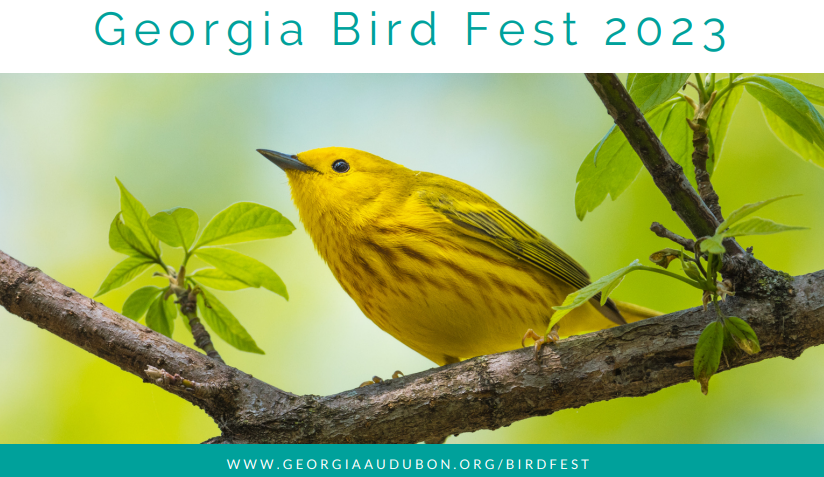
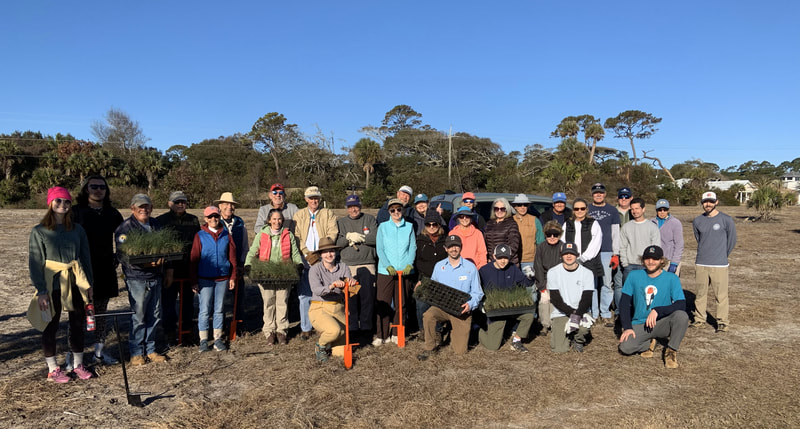
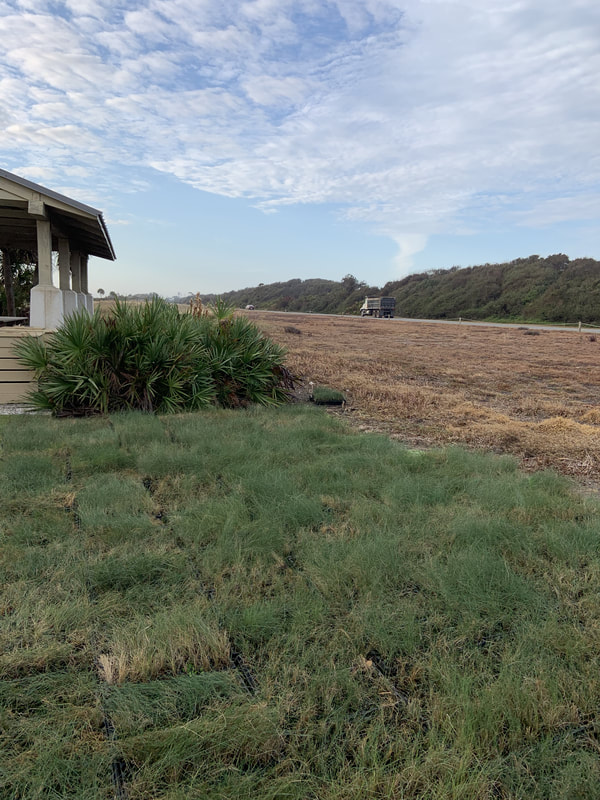
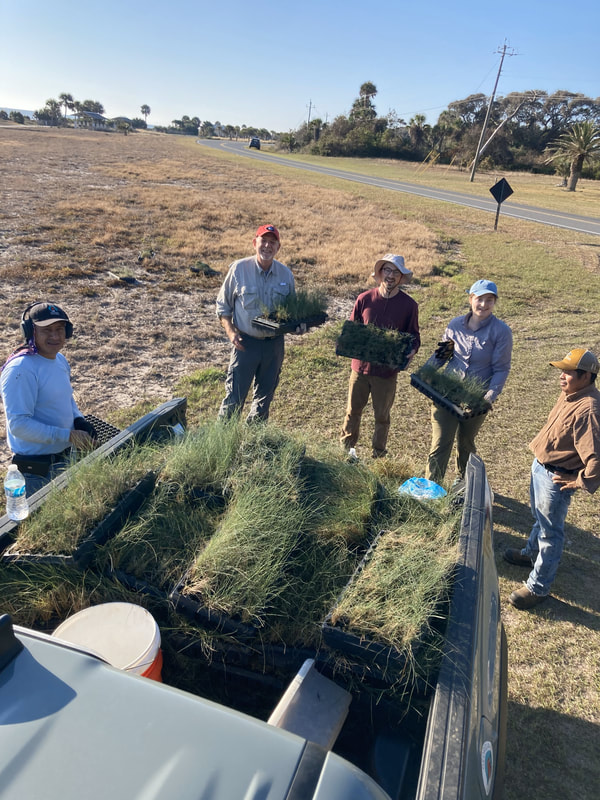
 RSS Feed
RSS Feed
